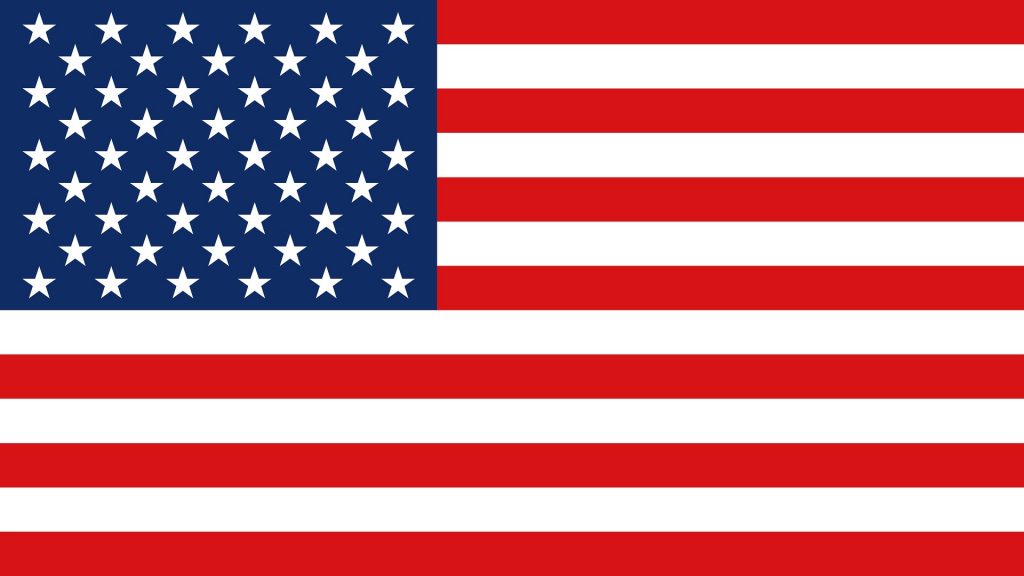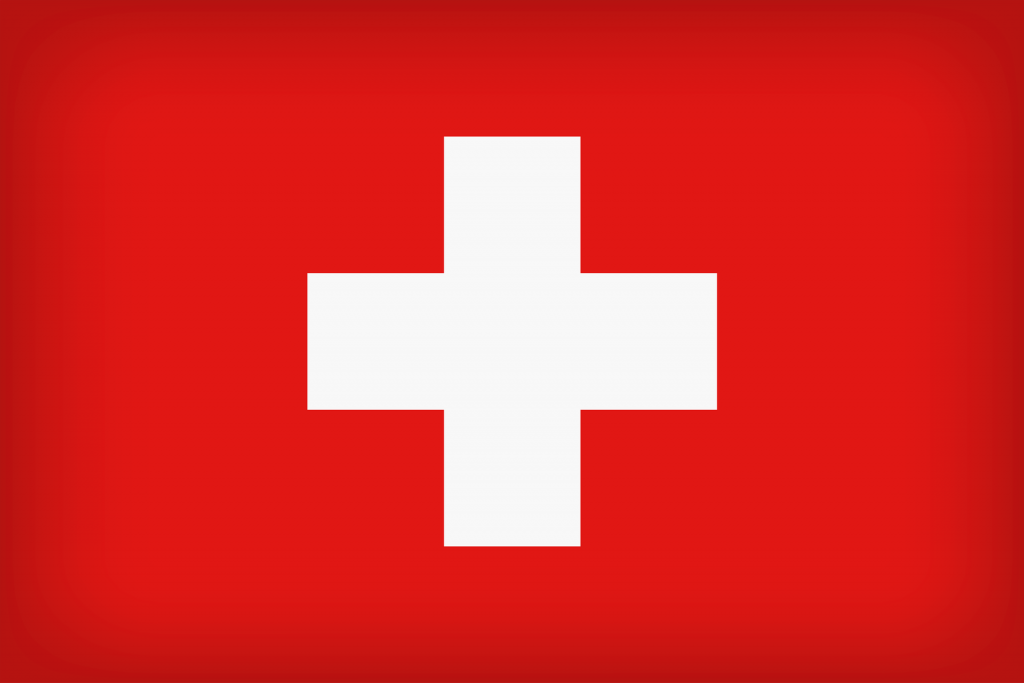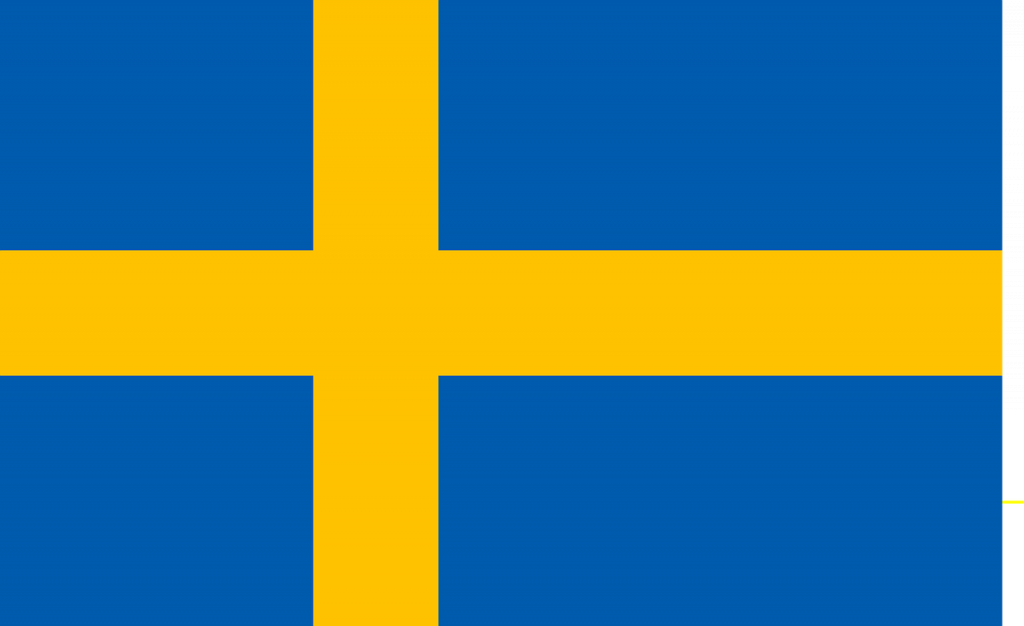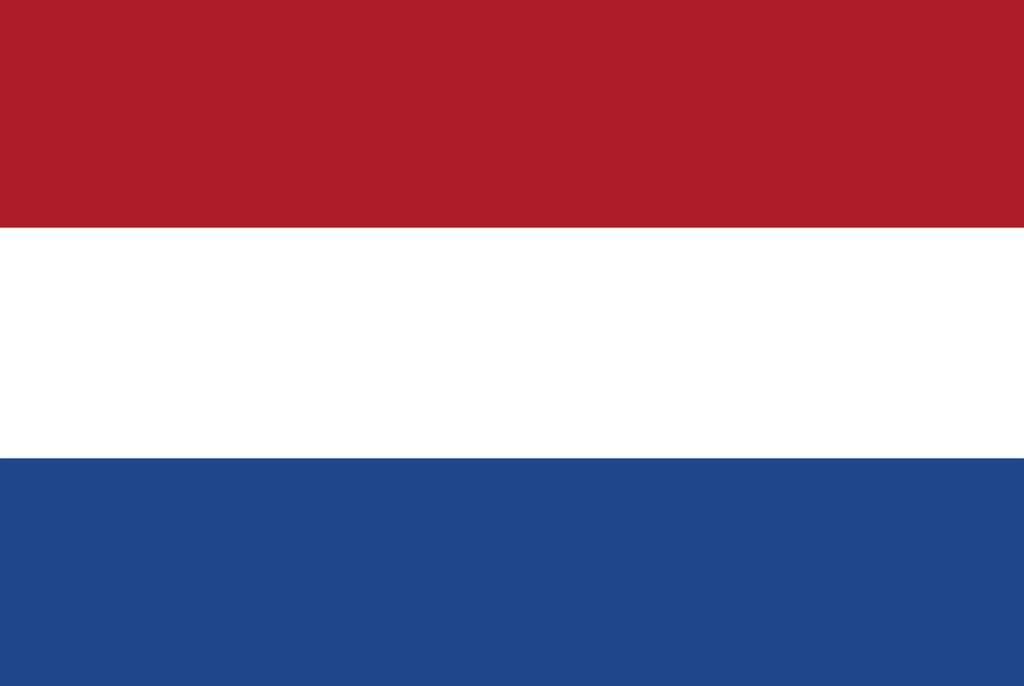Asset Protection for the Internet Entrepreneur
The internet sparked the dawn of a new era – where information became widely available, the way we communicate, buy products and services, interact with each other, and live on a day to day basis was inextricably changed forever. For the first time in history, with a computer and an internet connection, you could instantly be connected to the collective knowledge of mankind.
Many individuals were able to accumulate wealth via the internet – for the first time, it was possible to start a business in a garage or a dorm room and grow it into a multi-billion dollar enterprise.
In 1999, you could create a business about kids toys or pets and get a multi-million dollar IPO. If you are just starting now, you are a bit late to the party. But even now, in 2012, small businesses are continually finding success in focused, targeted niches. There is a new focus is on niche sites, or passive income blogs.
The takeaway from this is twofold. First, there has never been a better time to be an entrepreneur.
Secondly, that the ‘triangle has been flipped upside down’ and that in order to thrive and succeed in the new economy as an entrepreneur, you should provide specific solutions to pain points and problems. The pain point I solve? I help you protect your business with strategic incorporation.
The beauty of the internet is that these are location independent businesses, that can effectively operate from anywhere in the world, but the vital thing to remember is that they are still a business – with real customers, real revenues, real taxes, and real liabilities.
Unfortunately, some people don’t consider their internet website to be a real business; those are the people who get burned badly by unexpected tax bills or lawsuits or even jail time. When Kim Dotcom started Megaupload, he had no idea he would one day be the target of federal governments.
Once you realize that your internet business is a real business, and begin to run it as such – you should do some asset protection planning.
As an internet entrepreneur, you can choose to plant ‘flags’ of your business in strategic jurisdictions around the world. For instance, there is an advantage in carefully crafting your terms and conditions, putting your server in a friendly jurisdiction and choosing the best place to incorporate as an internet entrepreneur.
There are specific advantages to picking and choosing the best places worldwide to undertake each of these activities. International Asset Protection for internet entrepreneurs involves setting up different parts of the business in strategic locations worldwide.
If part, or all, of your business, hinges on the use of the internet – you can use flag theory to achieve greater profits, more protection, and a more sustainable business model. Flag Theory helps you evaluate where parts of our location independent business ‘touch the ground’ and set up flags in strategic locations around the world.
Common questions:
- Where is the best place to incorporate my internet business?
- Where should I host my server, if I have a risky business model?
- How can I draft my terms and conditions to protect myself?
- Paypal won’t accept my business. Paypal shut off my account. What can I do?
- How can I communicate securely online?
Where is the best place to incorporate my internet business?
If you are looking for an international jurisdiction which provides strong asset protection, you might do well to consider the Cook Islands. This jurisdiction can be pricey, however, and the Cook Islands’ trust levels recently showed weakness in US court proceedings.
As far as lawsuit protection or asset protection goes, a very strong jurisdiction also tends to be Nevis, for several reasons:
- Creditors must post a minimum bond amount determined by the judge to bring suit against the company in courts in Nevis
- Creditors must pay for the defendant’s legal costs up to the point of a verdict. (whereby the loser pays everyone’s fees)
- Your name is not kept on a company register – because there is no publicly available company register
- Nevis company law is well established and should maintain a corporate veil as long as corporate compliance is maintained and there is not an instance of fraud.
Other options include The British Virgin Islands, Hong Kong, and Belize.
Is there anything a bit stronger/safer than a company?
 Using a company is a fairly decent liability shield if you keep your corporate books correctly, and maintain a corporate veil. However, incorporation can vary in its complexity, depending on the level of protection you desire. You can create multiple layers, sometimes called a “cake”. The ultimate protection often comes by way of an offshore asset protection trust (which is shown in the picture to the left) This set up places a company outside your direct control, under the control of a trustee who has a fiduciary duty to protect the assets held in the trust.
Using a company is a fairly decent liability shield if you keep your corporate books correctly, and maintain a corporate veil. However, incorporation can vary in its complexity, depending on the level of protection you desire. You can create multiple layers, sometimes called a “cake”. The ultimate protection often comes by way of an offshore asset protection trust (which is shown in the picture to the left) This set up places a company outside your direct control, under the control of a trustee who has a fiduciary duty to protect the assets held in the trust.
Generally, it’s more expensive and slightly more difficult to actively manage a business through an APT. Without getting into details, this is essentially a situation where a trust is the owner of a company. See this article for more information on trusts.
Where should I bank as an Internet entrepreneur?
It’s really a matter of personal preference and choice. I personally prefer to bank in either Hong Kong or Singapore. Banking in these jurisdictions is slightly different from other places in the world. If you can, its worth it to show up in person to set up the account. The process can be completed in a day, and you can form a corporate bank account in either of these jurisdictions with a Nevis, Hong Kong, or BVI company.
Where should I register my domain as an Internet Entrepreneur?
Where the domain (i.e. FlagTheory.com) is registered is highly relevant, as evidenced in this recent court proceeding. If you were to say, “I want to have no contact with English Courts” and you go through the trouble of setting up a company in Singapore, you should make sure that the rest of your flags are set up outside of UK as well.
Even the presence of a website in the US can constitute in personam jurisdiction. It’s vital to have each part of the business placed in strategic jurisdictions.
Where can I get a high-risk merchant account?
The point of sale for your business is of vital import. Most people assume they can just use Paypal indefinitely. However, Paypal is notorious for shutting off accounts with little or no reasoning behind their decision. Further, certain industries or activities are not supported by a ‘low risk’ merchant account such as PayPal, and other options must be sought out. The worldwide leader for high-risk merchant accounts are banks in Belize.
High-risk merchant accounts may be very different from what you are used to. Typically they retain a 10% rolling deposit and take about 5-10% of each order, depending on the circumstance. Again, this may not be necessary – Paypal might work just fine to start out with. What is not fun, however, is scrambling to fix the account once you have customers, and you are losing money while it takes days waiting for a bank to accept your application just to collect payments again.
Where should I host my server, if I have a risky business model?
It’s possible to arrange anonymous hosting. Alternatively, one can host through a company located in one of the jurisdictions located below. This report was compiled by myself for another client who was concerned about video hosting. Likely many of the same facts are still applicable.
Links
Most companies merely link to another site rather than hosting copyright infringing material directly on the website. Please see below.
Terms/ Service Agreement
Terms for the website should be drawn up in a protective fashion. Please see the case study below with more information on this topic.
You COULD…
- Incorporate in Nevis, Belize or BVI
- Bank in Singapore or Hong Kong
- Buy a domain in Bulgaria, Estonia or Romania
- Host the website in Netherlands or Sweden
- Live in South America or South East Asia
This would allow all of your activities to be outside of your home country, which could be advantageous.
One of the most important aspects of your internet business is where you host your websites, and where your servers are located, as numerous federal indictments point to the location of servers. Take for instance, the Megaupload case – Even though the company was incorporated in Hong Kong and was based in Hong Kong the…
“US indictment said it had jurisdiction as some of the content (of Megaupload) was hosted on servers in the US state of Virginia.“
Hosting Jurisdictions Report
Problem: Internet entrepreneur wants to start a new website which links to movies and tv shows that are potentially copyright infringing materials. He is not planning to host the materials himself, he simply wishes to link to them.
Main questions:
- Where is the best place to host a website that has potentially infringing materials?
- What do other sites which undertake this activity include in their terms and conditions?
 USA
USA
The US is not an acceptable location for hosting or running a video site that plays copyrighted videos that may be infringing.
No website is allowed to host copyrighted materials that are infringing in accordance with the DMCA (digital millennium copyright act). The United States has the best court system in the world, making it easy and simple to take someone to court for copyright infringement.
However, if you are looking to protect your intellectual property, you might do well to incorporate in the United States.
 Switzerland
Switzerland
According to current Swiss copyright law and jurisprudence, the private download of copyright-protected music by way of P2P networks is legal and does not infringe copyright, provided the user does not simultaneously upload audio files. Further, the Federal Tribunal has ruled that
a person who offers a collection of “hash-links” on its website, which enables users to download (and simultaneously upload) copyright protected material in P2P-networks, is liable as an abettor under the Criminal Code (in this case, mostly movies and video games) (Federal Tribunal decision, 7 February 2001, 6B_757/2010).
One might assume that hosting in Switzerland is a great option. However, privacy in Switzerland has decayed in recent years. There are other options available.
 Sweden
Sweden
“Films are subject to copyright protection under the Copyright Act. The Copyright Act protects all products of intellectual creativity (such as literary and artistic works), regardless of the way in which they are expressed. Copyright is granted over the way in which the originator expresses his ideas….
The Copyright Act also grants protection to neighbouring rights, which protect the rights of performing artists, producers (of audiovisual works and phonograms), and photographers, and protect the titles of works.
The producer’s neighbouring rights grant him the right to exploit the film to a certain extent. However, to secure a sufficient grant of rights it is strongly recommended that the producer enter into agreements with the originators to transfer or waive certain rights.”
The laws of Sweden are comparatively not as respectful of copyrights and intellectual property registered in other countries, and are not enforced as stringently. Most other countries of the world have laws that would not explicitly “grant him the right to exploit the film {foreign copyright} to a certain extent.”
This is not to imply that Sweden condones or allows copyright infringement, but it does give some insight into the Swedish law regarding intellectual property.
 Netherlands
Netherlands
Once copyright is established, doing any of the following acts without the consent or license of the copyright owner constitutes infringement:
Copying a copyright work.
Issuing copies of the copyright work to the public.
Renting or lending the work to the public.
Performing, showing or playing a copyright work in public.
Communicating the work to the public.
Making an adaptation of a copyright work or doing any of the acts listed above in relation to an adaptation.
This might be one of the reasons why the Netherlands is a choice for many infamous copyright infringing sites, i.e. PirateBay – as Dutch laws are rather lax on the issues of copyright infringement. Although most jurisdictions only recognize copyrights within their borders, the Dutch seem hesitant to enforce any other intellectual property laws besides their own.
Advertising on “illegal” websites
Brands like Persil, Intel, Sony, Microsoft, match.com and other well-known companies all advertise their products on sites like letmewatchthis and the pirate bay – through ad networks. This is often how the owners of the websites generate money by providing other people’s content (or links to other people’s content) for free.
There seems to be a dividing line between providing the content directly to the end user for download, and simply linking to another website which provides the download. However, the issue becomes complicated when ‘framing’ – or displaying content from the new site, rather than just a link, comes into play.
In copyright law, the legal status of hyperlinking (also termed “linking“) and that of framing concern how courts address two different but related web technologies. In large part, the legal issues concern use of these technologies to create or facilitate public access to proprietary media content – such as portions of commercial Web sites. When hyperlinking and framing have the effect of distributing, and creating routes for distribution of content (information) that does not come from the proprietors of the Web pages affected by these practices, the proprietors often seek the aid of courts to suppress the conduct, particularly when the effect of the conduct is to disrupt or circumvent the proprietors’ mechanisms for receiving financial compensation.
The issues about linking and framing have become so intertwined under copyright law that it is impractical to attempt to address them separately. As will appear, some decisions confuse them with one another, while other decisions involve and therefore address both. Framing involves the use of hyperlinking, so that any challenge of framing under copyright law is likely to involve a challenge of hyperlinking as well. (The converse is not true.)
Recent court case proceedings such as the case of Perfect 10 Inc vs. Google demonstrate that links which are “transformative” can constitute fair use.
Services and Agreement
Beyond links, hyperlinks, deeplinks etc., a part of the legality (or illegality) of sites which are connected in some way to infringing materials hinges on the nature of the services, and the service agreement.
Case study: letmewatchthis.com
This section will break down the terms/service agreement listed on the website: letmewatchthis.com
Governing Law
The governing law imposed will be that of the Netherlands, the country in which LetMeWatchThis.com is based and from which all services are provided.
It may be relevant to note that the laws from the Netherlands would apply, and a court in the Netherlands would govern, if a movie production studio from India, were to sue letmewatchthis.com and their respective directors. All laws from the would apply and any company or person wishing to pursue a lawsuit would need to apply laws from this jurisdiction.
Relationship
The relationship between you (the user) and us (LetMeWatchThis.com, our agents and partners) is that we provide you with access to the referencing material and media contained within our site, which is provided to you on a purely non commercial basis and is, therefore, not that of customer and supplier.
The company is clear that there are not movies but there is “referencing material”. Which is provided on a “non-commercial basis” Therefore there can be no distribution, and there is no customer-supplier relationship. The movies are not for sale, and there is no direct compensation between end-user and the website.
Content
LetMeWatchThis.com does not host, provide, archive, store, or distribute media of any kind, and acts merely as an index (or directory) of media posted by other webmasters on the internet, which is completely outside of our control.
This may be the most important aspect of the Terms and Conditions statement, because they explicitly explain how all of the media is hosted and stored outside of their control, because they are acting merely as an index, and not as a host or provider, then they are not bound by stricter laws and responsibilities had they “taken ownership” of the potentially infringing materials. This certainly is a fine line, but it appears the line is bright – in that the website should not personally host or own the potentially infringing material.
Intellectual Property
LetMeWatchThis.com respects the rights of others, and prohibits the use of referenced material for any purpose other than that for which it is intended (where such use is lawful and free of civil liability or other constraint) and in such circumstances where possession of such material may have any adverse financial, prejudicial or any other effect on any other third party.
Notice how the company doesn’t even attempt to touch the area of possibly infringing material. They simply state that they prohibit the use of referenced material for any illegal purpose. They make no claims that the referenced material is not infringing, and leave that up to the 3rd party host.
Creating strong terms and conditions for your website is important, as disclaimers always are, but the most important step for ensuring the long-term sustainability of your business is an offshore incorporation. This is why it’s vitally important to consider where you incorporate your website business.
Want to learn more ways to protect and grow your business?
Consider joining our Flag Theory Intel Society, a Do-it-yourself information center that may empower you to take an action. You can also join our newsletter where we share valuable offshore information periodically…




